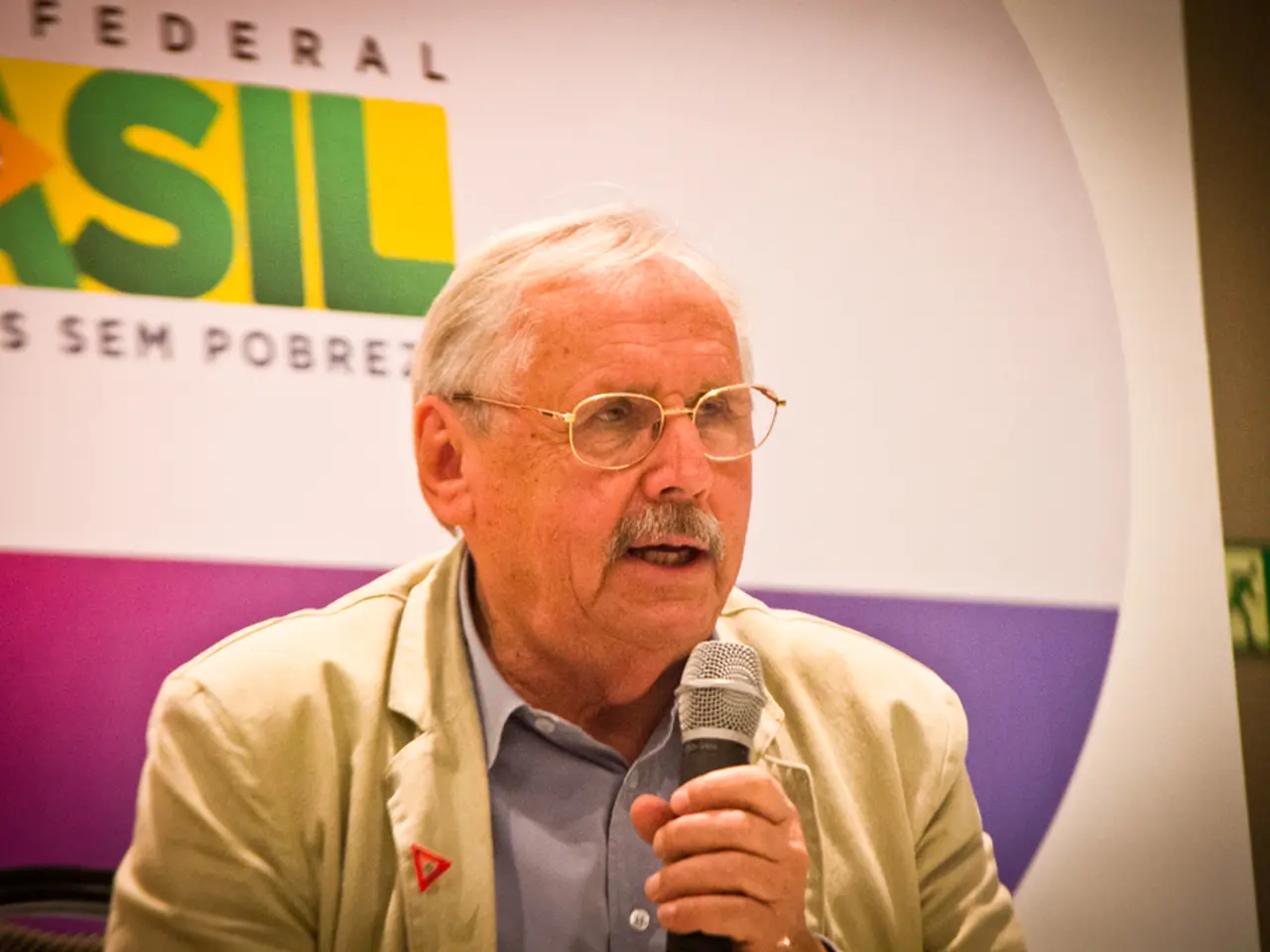Medical Perspective: Debunking 'Excited Delirium' as a Baseless, Racially Biased Diagnosis - Call for New York Legislature to Prohibit its Use
In recent years, a controversial medical term known as "excited delirium" has been the subject of intense debate, particularly in the context of police encounters. This condition, not recognized in the Diagnostic and Statistical Manual of Mental Disorders (DSM-5) or the International Classification of Diseases (ICD-10), is often used to describe a state of extreme agitation, aggression, acute distress, and sudden death.
The controversy surrounding "excited delirium" stems from its ambiguous medical legitimacy and its potential role in justifying the use of excessive force by law enforcement. Critics argue that the term has been employed in some cases to obscure excessive use of force or improper restraint techniques during arrests.
In high-profile cases in New York, "excited delirium" has been cited following fatal police encounters, leading advocates to question its validity. They argue that it serves as a pseudo-medical diagnosis, masking instances of excessive force or improper restraint during arrests.
The supposed symptoms of excited delirium, including superhuman strength, imperviousness to pain, and spontaneous death, have been discredited as false by medical professionals. In reality, the clinical features often attributed to excited delirium overlap with known medical conditions like delirium, a sudden, severe confusion state caused by a wide range of physical or mental illnesses. Unlike "excited delirium," delirium is a well-documented medical condition with established diagnostic criteria and causes.
The lack of an evidence-based and universally accepted clinical definition for "excited delirium" has raised ethical and legal concerns. In New York and elsewhere, there have been calls for independent investigations into police-involved deaths where excited delirium was cited, and for improved training and use-of-force policies to prevent deaths during restraint.
The term "excited delirium" gained widespread use as police departments began purchasing and using tasers. Interestingly, TASER International (now known as Axon Enterprises) distributed literature on excited delirium to police chiefs and medical examiners in the early 2000s.
The concept of excited delirium originated from a 1985 research paper by Charles Wetli and David Fishbain. However, it is important to note that the women in Wetli's research were later found to have been murdered by a serial killer.
Major American medical organizations, including the American Medical Association, the American Psychiatric Association, and the National Association of Medical Examiners, do not consider excited delirium a valid medical diagnosis or potential cause of death. This lack of recognition underscores the need for caution and critical evaluation when using the term in any context.
In conclusion, the controversy surrounding "excited delirium" centers on its ambiguous medical legitimacy and its role in justifying police use of force, particularly in New York, where it has been linked to several contentious deaths in custody. It is crucial to promote transparency, accountability, and evidence-based practices in law enforcement to ensure the safety and well-being of all individuals.
[1] American Psychiatric Association. (2013). Diagnostic and Statistical Manual of Mental Disorders (DSM-5). Arlington, VA: American Psychiatric Publishing. [2] World Health Organization. (2010). International Classification of Diseases (ICD-10). Geneva: World Health Organization. [3] National Institute of Mental Health. (2021). Delirium. Retrieved from https://www.nimh.nih.gov/health/topics/delirium/index.shtml
The controversy over "excited delirium" extends to the realm of policy-and-legislation, as critics question its use in justifying the use of excessive force by law enforcement, often found in general-news and crime-and-justice sectors. In light of its ambiguous medical legitimacy and potential to obscure improper police behavior, there have been calls for independent investigations and improved use-of-force policies.






